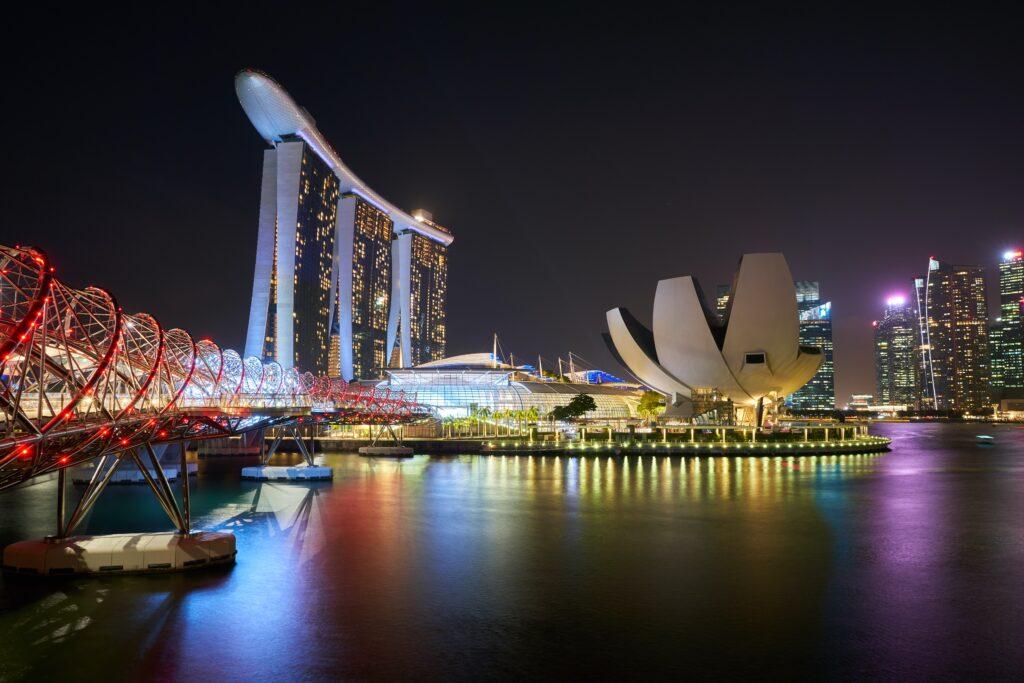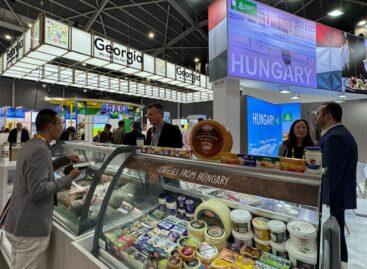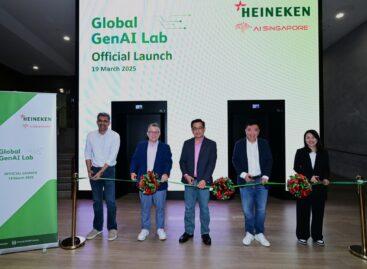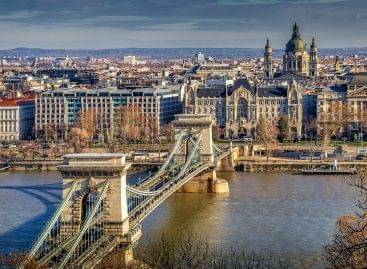Netflix Documentary ‘Live to 100’ Names Singapore the World’s Sixth Blue Zone
Author and explorer Dan Buettner, co-founder of the Blue Zones certification, has announced a sixth addition to the list, Singapore, in the new Netflix documentary, Live to 100. Blue zones are regions where people live longer than average, and Buettner calls Singapore an “engineered blue zone” representing healthy longevity.

The current five blue zones are Sardinia (Italy), Okinawa (Japan), Nicoya (Costa Rica), Icaria (Greece) and Loma Linda (California). The regions are found to have some of the longest-living populations, owing to regular movement (like walking) and whole-food plant-based diets.
In his latest book, The Blue Zones: The Secrets for Living Longer, and new Netflix documentary Live to 100: Secrets of the Blue Zones, Buettner announced Singapore as the sixth location on the list. The island nation has seen life expectancy grow by 20 years since 1960 to reach 85 – the highest in the world, according to Buettner.
Speaking to Fortune, Buettner said he was first intrigued by Singapore in 2005 when writing for National Geographic. “In addition to having very high life satisfaction, they were producing the longest and healthiest population,” he explained. Lauding its policy incentives, health spectrum and landscape, he calls it “blue zone 2.0 – the next frontier of ageing” in his book.
Unlike the original five blue zones, whose longevity stems from history, culture and tradition, Buettner said Singapore’s transition to an urban hub is what puts it on the list: “It’s an engineered blue zone, instead of one that emerged organically like the other five. They have manifestly produced the outcome we want.”
Among the key aspects Buettner identified in Singapore are policies helping keep people across demographics engaged, walking and purchasing healthy food. This includes walkways that protect residents from the sun, helping them get to between 10,000-20,000 steps a day; high-rise buildings that mean citizens congregate at local markets and outdoor spaces; subsidies on whole foods and reduced sugar in sweetened beverages; and hospitals that mirror luxury hotels.
“They just live in a place where healthy food is subsidised and junk food is taxed. Driving your car is taxed and walking is subsidised,” Buettner told ABC News. “They’re very hard on drugs. And the most interesting thing? If your ageing parent lives with you or within about 500 yards, you get a tax break, and that kind of assures that older people are cared for and don’t rely so heavily on retirement homes, which aren’t necessarily healthy.”
Related news
Foodpanda automates ‘dark stores’ in Singapore to speed up deliveries
Its 24/7 warehouses ensure round-the-clock fulfilment. Foodpanda is automating its…
Read more >Hungarian specialties in Singapore
One of Asia’s most important international professional exhibitions, Food and…
Read more >Heineken launches first global AI lab
Heineken has revealed the launch of the first global generative…
Read more >Related news
GKI analysis: Why do Hungarian households live more poorly than anyone else in the EU?
Imagine that the residents of every EU country shop in…
Read more >KSH: industrial producer prices decreased by 0.7 percent in May 2025 compared to the previous month, and increased by an average of 6.9 percent compared to a year earlier
In May 2025, industrial producer prices were 6.9 percent higher…
Read more >Consumption drives the economy
According to the latest forecast by the Balance Institute, the…
Read more >






